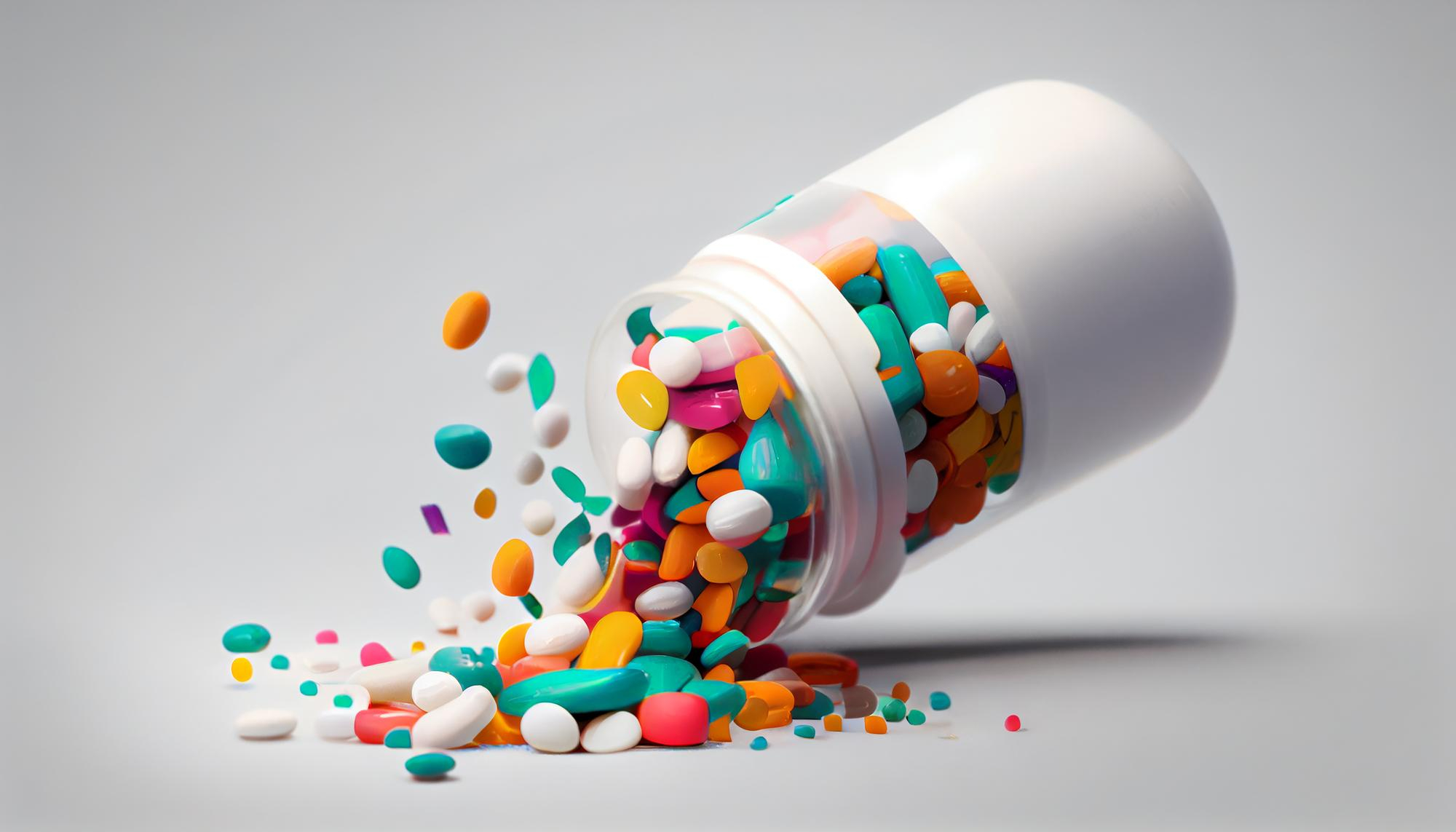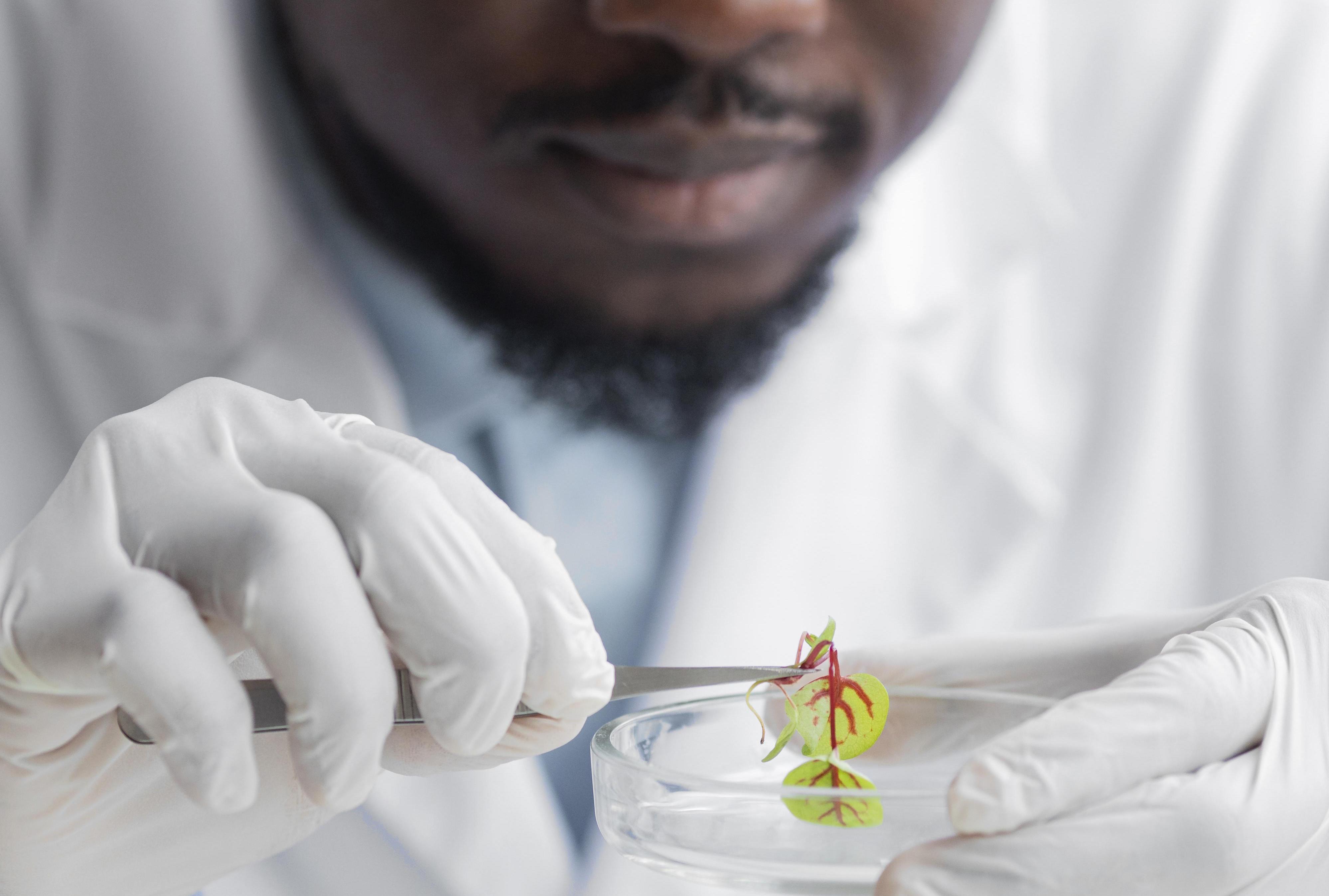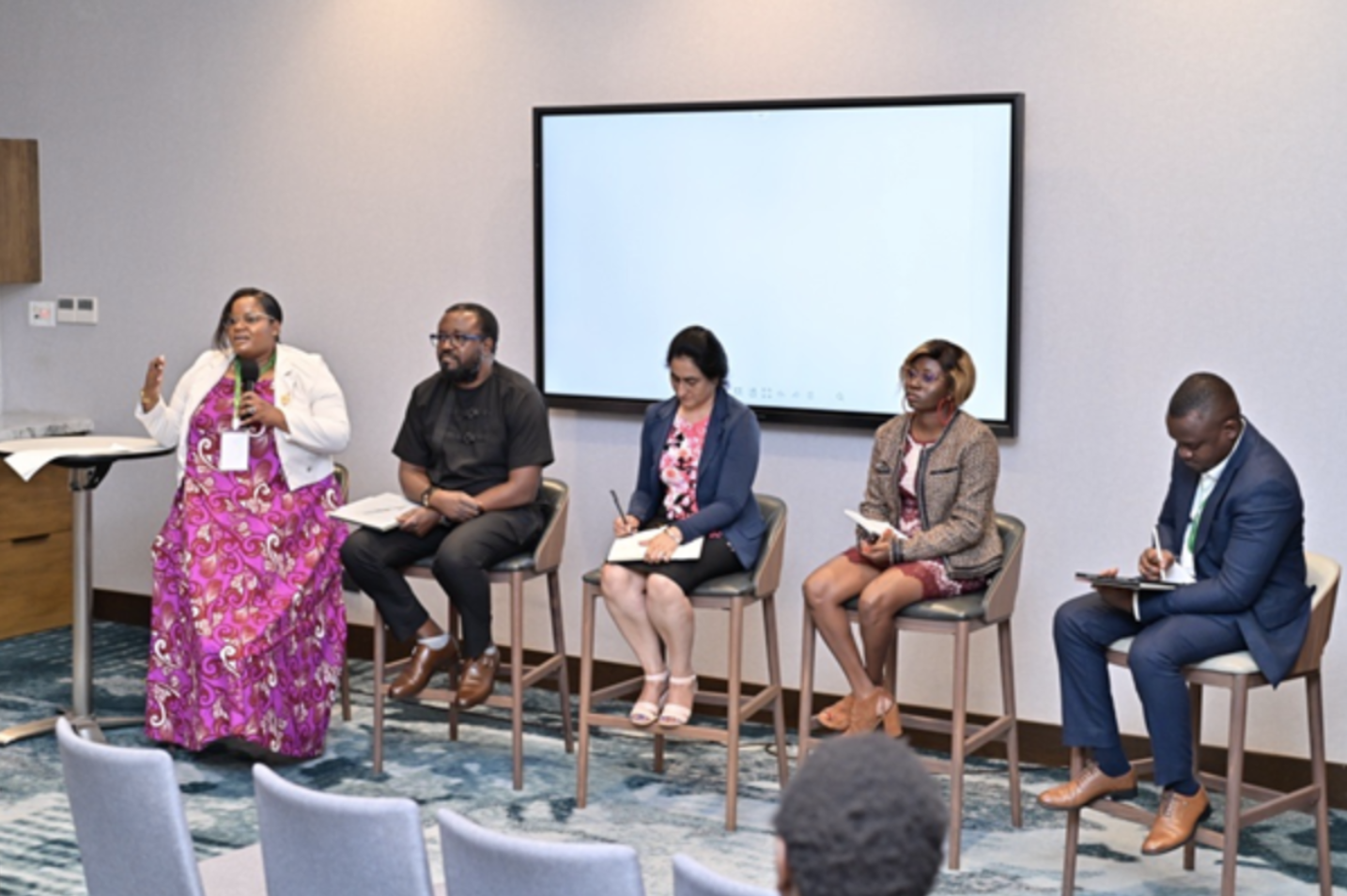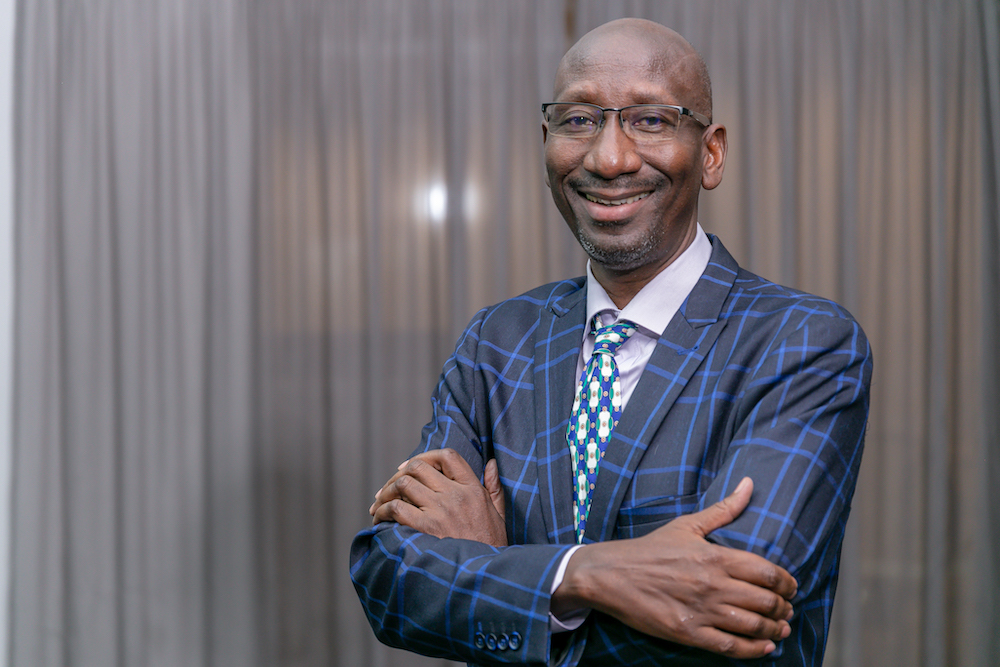
Impact Stories
Enhancing drug discovery research through synthesis and evaluation of identified molecules in the pathogen box
Tuesday, September 26, 2023

By Richard Amewu
Africa bears the lion’s share of global mortality and morbidity rates of malaria and tuberculosis. Malaria is a parasitic disease, while Tuberculosis (TB) is a communicable disease, and both are major causes of ill health and death worldwide, particularly in Africa. According to recent data from the World Health Organization (WHO), Africa accounts for 94% of global malaria cases, and 23% of tuberculosis (World Malaria/Tuberculosis Reports 2022). Despite these staggering statistics, the contribution of African scientists to finding new medicines for these diseases is limited. Therefore, there is an urgent need to increase the training capacity for highly skilled scientists within the continent, focusing on research into the discovery of new therapeutic interventions for these diseases. This research is most important because it contributes to generating data on which to build prevention and treatment of globally important diseases, and because it contributes to the development of a critical mass of young scientists who will carry forward drug discovery research in Africa.
“The Pathogen Box” is a collection of approximately 400 diverse drug-like molecules, representing families of structures identified in phenotypic screens of pharmaceutical and academic libraries against the plasmodium falciparum malaria parasite as well as other neglected diseases of interest. It was established to accelerate drug development to address diseases of poverty by discovering new targets for innovative drugs against neglected tropical diseases. Our project has identified one such molecule, MMV696444, that has relevance to malaria and tuberculosis.
Drug Discovery (DD) is the process through which potential new medicines are identified. It is woefully underdeveloped in most parts of Africa. Africa-led research centers purpose-made to train researchers in the discovery and the development of new medications will help bridge the huge gap in DD in Africa. My goal is to build capacity in drug discovery research by focusing on the synthesis and evaluation of small molecules based on the MMV696444 scaffold and accessing their anti-malarial and anti-tubercular properties.
The project is hosted at the University of Ghana and is a collaboration across key partners from other institutions. My group in Ghana is responsible for the synthesis of the compounds; biological evaluations are done primarily through the Medicines for Malaria Ventures (MMV) and Holistic Drug Discovery and Development (H3D) network of assays. Prof Fabrice’s laboratory at the University of Yaoundé provided further assays, including leishmaniasis and trypanosomiasis.
Drug synthesis needs the right infrastructure and partnerships
Some of the compounds we have prepared are showing promise against malaria, tuberculosis, and leishmaniasis, also making inroads in developing drug synthesis in Ghana. In all, more than 100 compounds have been successfully synthesized, and most of them tested for their antimalarial and antitubercular properties. Other properties, including aqueous solubility, and metabolic stability in rat, mouse, and human microsomes, have also been determined. Promising antimalarial activity was obtained for some of the compounds synthesized with the most active being 10nM. Unfortunately, antitubercular activity has not been similarly encouraging. However, some of the compounds under study possess low micromolar activity against leishmania with excellent selectivity against Raw246.7 and Vero cell lines.
Our findings are important because they confirm that the scaffold, we selected was worth exploring and that drug synthesis can take place in Ghana with the right infrastructure and partnerships. The compounds we synthesized are novel targets against malaria, tuberculosis, and leishmania, and the selectivity against Raw246.7 and Vero cell lines will form the basis of the next steps regarding the medicinal chemistry of these compounds.
The project has also made a significant contribution to training young scientists in drug discovery in Ghana. These scientists will form the next generation of drug discovery in Ghana – remarkable because when they started, they did not know how to conduct organic synthesis or have any knowledge of the drug discovery process, and they are now critical contributors to the drug discovery team. Along the way, new collaborations have been developed, with the potential to become key partners on this and/or future projects.
Working with partners such as the H3D can go a long way toward compensating for a shortage of infrastructure and capacity resources, and to tackling the complex, bureaucratic requirements of procuring research support in Africa. These partnerships enable the delivery of projects and contributions to global efforts to solve global health and development challenges, including those that impact the continent of Africa.
About the author
Richard Amewu is a grantee of the Grand Challenges Africa (GCAfrica) intiative at the SFA Foundation. His research focuses on drug discovery approaches to tackling malaria and tuberculosis in Ghana.
The GC Africa initiative seeks to promote Africa-led scientific innovations to help countries better achieve the Sustainable Development Goals by awarding seed and scale-up grants to the continent’s most impressive solutions.
Read more about his work:https://gcgh.grandchallenges.org/grant/medicinal-chemistry-progression-hits-identified-mmv-pathogen-box-malaria-and-tuberculosis



